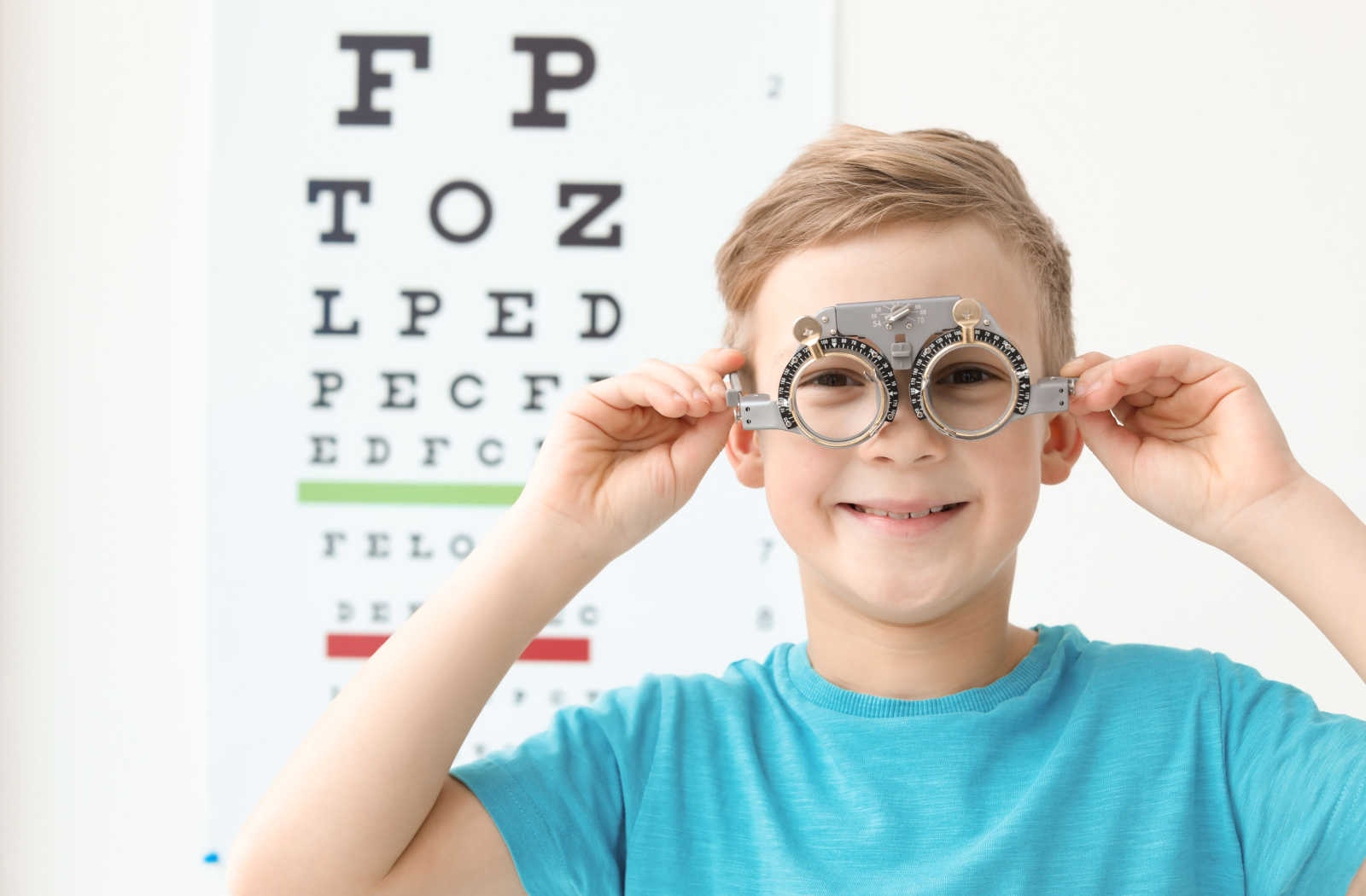
Regular eye exams are a critical aspect of maintaining good eye health and preserving clear vision. Many eye conditions and diseases may not exhibit noticeable symptoms in their early stages, making routine eye exams crucial for early detection and treatment. In this blog post, we will explore the significance of regular eye exams, the comprehensive evaluations they encompass, and the benefits they offer to individuals of all ages. By understanding the importance of regular eye exams, you'll gain insight into why they should never be overlooked.
Early Detection of Eye Conditions:
- The importance of early detection in managing eye conditions effectively.
- Identifying common eye conditions like glaucoma, cataracts, and macular degeneration at an early stage.
- Early intervention to prevent further vision loss and preserve ocular health.
Assessment of Visual Acuity:
- Evaluating visual acuity to determine the clarity of your vision.
- Detecting refractive errors like nearsightedness, farsightedness, and astigmatism.
- Prescribing corrective lenses or recommending alternative vision correction methods.
Comprehensive Eye Health Evaluation:
- Assessing the overall health of your eyes, including the cornea, lens, retina, and optic nerve.
- Detection of abnormalities, infections, or structural issues.
- Monitoring the progression of existing eye conditions.
Screening for Systemic Health Conditions:
- Recognizing the connection between eye health and overall well-being.
- Detecting signs of systemic conditions such as diabetes, hypertension, and autoimmune disorders.
- Collaboration with other healthcare providers for comprehensive patient care.
Evaluation of Eye Teamwork and Coordination:
- Assessing eye teaming, coordination, and depth perception.
- Detecting binocular vision issues and eye muscle imbalances.
- Recommending vision therapy or appropriate interventions.
Prescription Updates and Vision Correction:
- Determining the need for updated eyeglass or contact lens prescriptions.
- Ensuring optimal vision correction and visual comfort.
- Discussing alternative vision correction options, such as orthokeratology or specialty contact lenses.
Eye Care for Children:
- Emphasizing the importance of pediatric eye exams.
- Detecting and managing vision problems in children, such as amblyopia (lazy eye) or strabismus (crossed eyes).
- Promoting proper vision development and academic success.
Lifestyle Recommendations for Eye Health:
- Providing personalized advice for maintaining optimal eye health.
- Addressing digital eye strain, dry eye, and other lifestyle-related concerns.
- Offering preventive measures and guidance for protecting the eyes.
Post a Comment